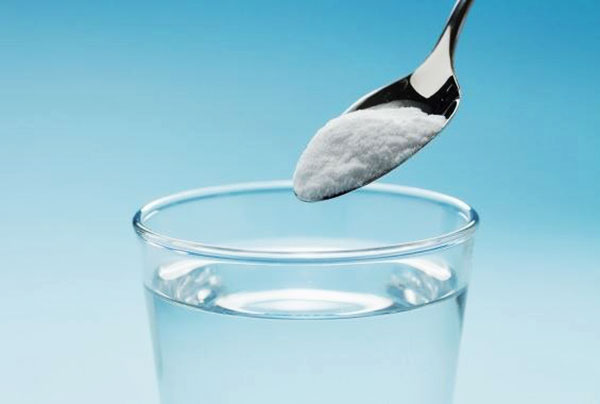|
from JagWire-Augusta Website
They have shown that when rats or healthy people drink a solution of baking soda, or sodium bicarbonate, it becomes a trigger for the stomach to make more acid to digest the next meal and for little-studied mesothelial cells sitting on the spleen to tell the fist-sized organ that there's no need to mount a protective immune response.
Mesothelial cells line body cavities, like the one that contains our digestive tract, and they also cover the exterior of our organs to quite literally keep them from rubbing together.
About a decade ago, it was found that these cells also provide another level of protection.
They have little fingers,
called
microvilli, that sense the environment, and warn the organs
they cover that there is an invader and an immune response is
needed.
The conversation, which
occurs with the help of the chemical messenger acetylcholine,
appears to promote a landscape that shifts against inflammation,
they report.
Macrophages, perhaps best
known for their ability to consume garbage in the body like debris
from injured or dead cells, are early arrivers to a call for an
immune response.
Significant consequences can include increased risk of cardiovascular disease and osteoporosis.
Clinical trials have shown that a daily dose of baking soda can not only reduce acidity but actually slow progression of the kidney disease, and it's now a therapy offered to patients.
Dr. Paul O'Connor is a
renal physiologist in the MCG Department of Physiology at Augusta
University and corresponding author of the new study.
So the basic scientists worked with the investigators at MCG's Georgia Prevention Institute to bring in healthy medical students who drank baking soda in a bottle of water and also had a similar response.
The shifting landscape, he says, is likely due to increased conversion of some of the pro-inflammatory cells to anti-inflammatory ones coupled with actual production of more anti-inflammatory macrophages.
The scientists also saw a shift in other immune cell types, like more regulatory T cells, which generally drive down the immune response and help keep the immune system from attacking our own tissues.
That anti-inflammatory
shift was sustained for at least four hours in humans and three days
in rats.
Part of the new information about mesothelial cells is that they are neuron-like, but not neurons O'Connor is quick to clarify.
In fact, when they cut
the vagal nerve, a big cranial nerve that starts in the brain and
reaches into the heart, lungs and gut to help control things like a
constant heart rate and food digestion, it did not impact the mesothelial cells' neuron-like behavior.
In fact, when they only slightly moved the spleen as might occur in surgery, the previously smooth covering of mesothelial cells became lumpier and changed colors.
Studies are currently underway at other institutions that, much like vagal nerve stimulation for seizures, electrically stimulate the vagal nerve to tamp down the immune response in people with rheumatoid arthritis.
While there is no known
direct connection between the vagal nerve and the spleen - and
O'Connor and his team looked again for one - the treatment also
attenuates inflammation and disease severity in rheumatoid
arthritis, researchers at the Feinstein Institute for Medical
Research reported in 2016 in the journal Proceedings of the National
Academy of Sciences.
The spleen also got bigger with consuming baking soda, the scientists think because of the anti-inflammatory stimulus it produces.
Infection also can increase spleen size and physicians often palpate the spleen when concerned about a big infection. Other cells besides neurons are known to use the chemical communicator acetylcholine.
Baking soda also interact with acidic ingredients like buttermilk and cocoa in cakes and other baked goods to help the batter expand and, along with heat from the oven, to rise.
It can also help raise
the pH in pools, is found in antacids and can help clean your teeth
and tub.
|


